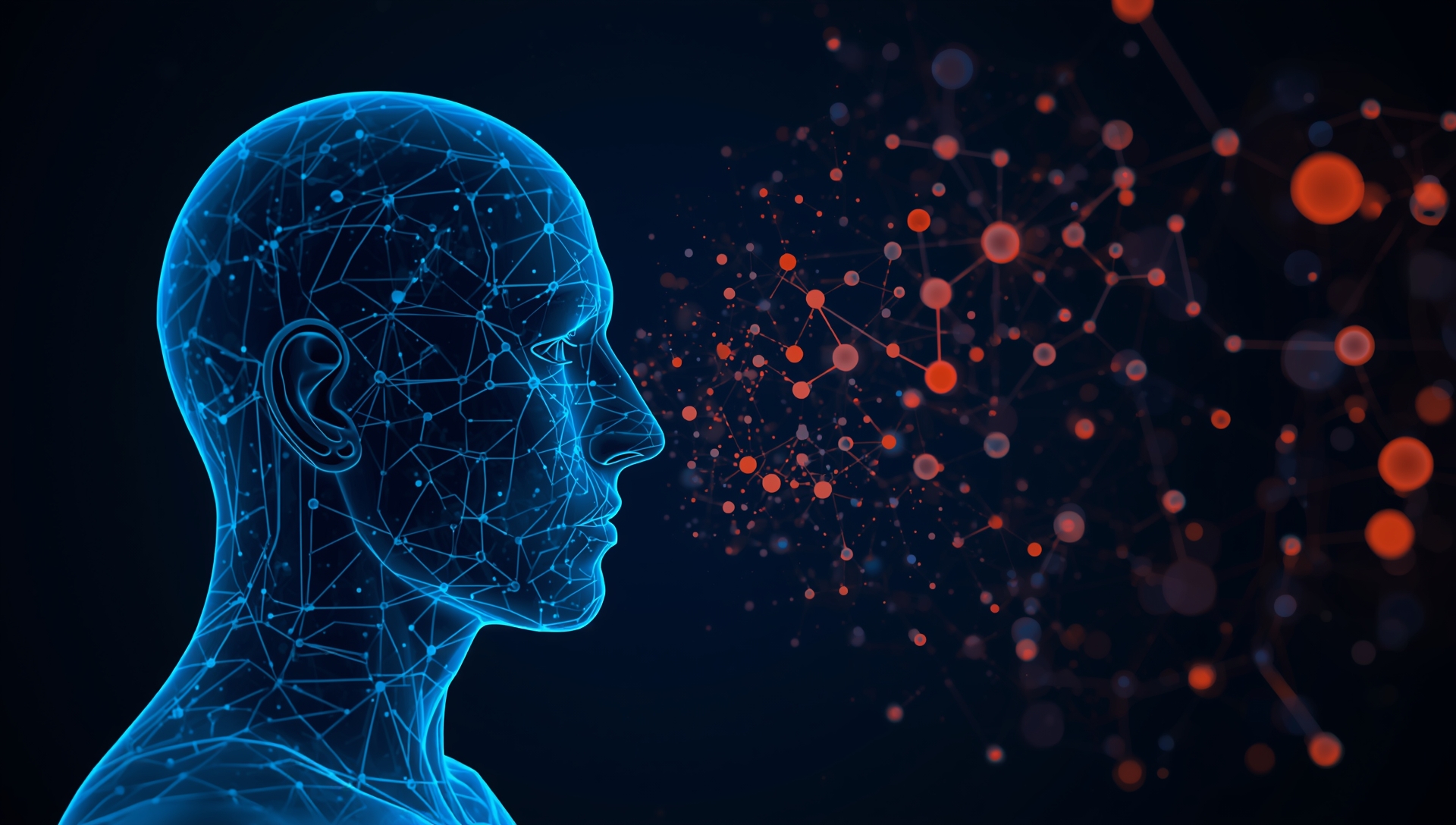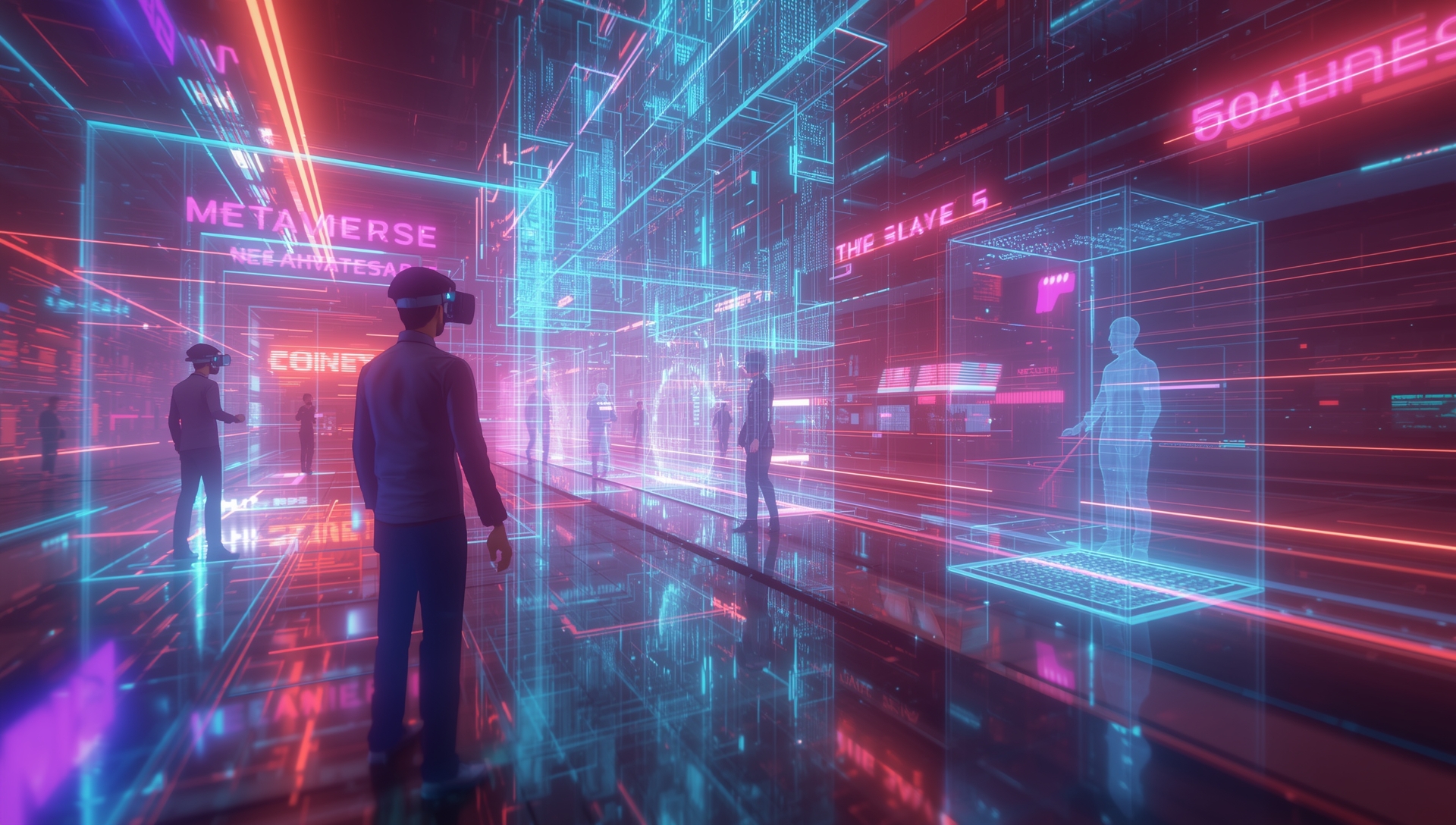Artificial intelligence (AI) and machine learning (ML) are no longer futuristic concepts confined to science fiction novels. They’re rapidly transforming industries, permeating our daily lives, and reshaping the very fabric of how we work, interact, and understand the world around us. From the seemingly mundane task of recommending products online to the groundbreaking potential of personalized medicine and self-driving cars, AI and ML are driving unprecedented innovation and posing profound questions about the future. This blog delves deep into the world of AI and ML, exploring their capabilities, applications, and the ethical considerations that accompany their rapid advancement.
Understanding the Fundamentals: AI and ML Defined
While often used interchangeably, AI and ML are distinct yet interconnected concepts. Artificial intelligence is a broad field encompassing the creation of intelligent agents, which are systems that can reason, learn, and act autonomously. Machine learning, on the other hand, is a subset of AI that focuses on enabling computer systems to learn from data without explicit programming. Instead of relying on pre-defined rules, ML algorithms identify patterns, make predictions, and improve their performance over time based on the data they are fed.
Think of it this way: AI is the overarching goal – creating intelligent machines – while ML is a powerful tool used to achieve that goal. Other subsets of AI include deep learning (a more sophisticated form of ML using artificial neural networks) and natural language processing (NLP), which enables computers to understand and process human language.
The Expanding Applications of AI and ML:
The applications of AI and ML are virtually limitless, spanning numerous sectors and impacting nearly every aspect of modern life. Here are some key areas where these technologies are making a significant difference:
- •Healthcare: AI is revolutionizing healthcare through improved diagnostics, personalized medicine, drug discovery, and robotic surgery. ML algorithms can analyze medical images (X-rays, CT scans, etc.) to detect diseases like cancer with greater accuracy and speed than human doctors alone. Personalized medicine utilizes AI to tailor treatments to individual patients based on their genetic makeup and medical history. Drug discovery is being accelerated by AI’s ability to analyze vast datasets and identify potential drug candidates.
- •Finance: The financial industry is leveraging AI and ML for fraud detection, risk management, algorithmic trading, and customer service. AI-powered systems can analyze massive datasets to identify fraudulent transactions in real-time, preventing financial losses. Algorithmic trading utilizes AI to execute trades at optimal prices, maximizing returns. Chatbots powered by NLP provide 24/7 customer support, answering queries and resolving issues efficiently.
- •Transportation: Self-driving cars are perhaps the most visible application of AI in the transportation sector. These vehicles rely on a complex interplay of sensors, cameras, and AI algorithms to navigate roads, avoid obstacles, and make driving decisions. AI is also being used to optimize traffic flow, improve public transportation systems, and enhance logistics and supply chain management.
- •Manufacturing: AI and ML are transforming manufacturing through predictive maintenance, quality control, and process optimization. AI-powered systems can predict equipment failures before they occur, minimizing downtime and reducing maintenance costs. Automated quality control systems use computer vision to identify defects in products, ensuring high-quality output. Process optimization utilizes AI to improve efficiency and reduce waste in manufacturing processes.
- •Retail: AI and ML are enhancing the customer experience through personalized recommendations, targeted advertising, and improved inventory management. Recommendation systems analyze customer data to suggest products that they might be interested in. Targeted advertising uses AI to deliver ads to the right audience at the right time. AI-powered inventory management systems optimize stock levels, minimizing waste and ensuring product availability.
- •Customer Service: AI-powered chatbots and virtual assistants are becoming increasingly prevalent in customer service, providing instant support and resolving customer inquiries efficiently. These systems can handle a large volume of requests simultaneously, freeing up human agents to focus on more complex issues.
Generative AI: The Creative Power of Algorithms
A particularly exciting development in the field of AI is generative AI, which refers to algorithms capable of creating new content, including text, images, music, and even code. Tools like ChatGPT, DALL-E 2, and Stable Diffusion have captivated the public imagination with their ability to generate remarkably realistic and creative outputs. These models are trained on massive datasets of existing content, learning the underlying patterns and structures to generate novel creations.
Generative AI has numerous applications, from assisting writers and artists to accelerating software development and designing new materials. However, it also raises ethical concerns about copyright, intellectual property, and the potential for misuse, such as generating deepfakes or spreading misinformation.
AI-Powered Automation: Efficiency and Productivity Gains
AI and ML are driving significant automation across various sectors, leading to increased efficiency and productivity. Repetitive tasks, previously performed by humans, can now be automated, freeing up human workers to focus on more complex and creative endeavors. This automation is not just about replacing human jobs; it’s about augmenting human capabilities and creating new opportunities.
However, the rise of AI-powered automation also raises concerns about job displacement. It’s crucial to address these concerns through proactive measures such as retraining programs and social safety nets to ensure a smooth transition for workers affected by automation.
Ethical Considerations: Navigating the Challenges of AI
The rapid advancement of AI and ML brings a host of ethical considerations that require careful attention. Some of the key concerns include:
- •Bias and Fairness: AI systems are trained on data, and if that data reflects existing biases, the AI system will perpetuate and even amplify those biases. This can lead to unfair or discriminatory outcomes, particularly in areas like loan applications, hiring processes, and criminal justice.
- •Privacy and Security: AI systems often rely on vast amounts of personal data, raising concerns about privacy and data security. It’s crucial to implement robust data protection measures and ensure transparency in how data is collected and used.
- •Job Displacement: As mentioned earlier, AI-powered automation has the potential to displace workers in various sectors. It’s essential to develop strategies to mitigate this impact and ensure a just transition for affected workers.
- •Accountability and Transparency: When AI systems make mistakes or cause harm, it can be difficult to determine who is responsible. Developing mechanisms for accountability and transparency is crucial to ensure responsible AI development and deployment.
- •Autonomous Weapons Systems: The development of autonomous weapons systems raises serious ethical concerns about the potential for unintended consequences and the erosion of human control over lethal force.
The Future of AI and ML:
The future of AI and ML is bright, with ongoing research and development pushing the boundaries of what’s possible. We can expect to see even more sophisticated AI systems capable of performing increasingly complex tasks, further transforming industries and impacting our daily lives. However, it’s crucial to approach this technological advancement responsibly, addressing the ethical challenges and ensuring that AI benefits all of humanity. This requires collaboration between researchers, policymakers, and the public to develop guidelines and regulations that promote responsible AI development and deployment. Only through careful consideration of these ethical implications can we harness the full potential of AI and ML while mitigating the risks. The AI revolution is upon us, and how we navigate it will shape the future for generations to come.




